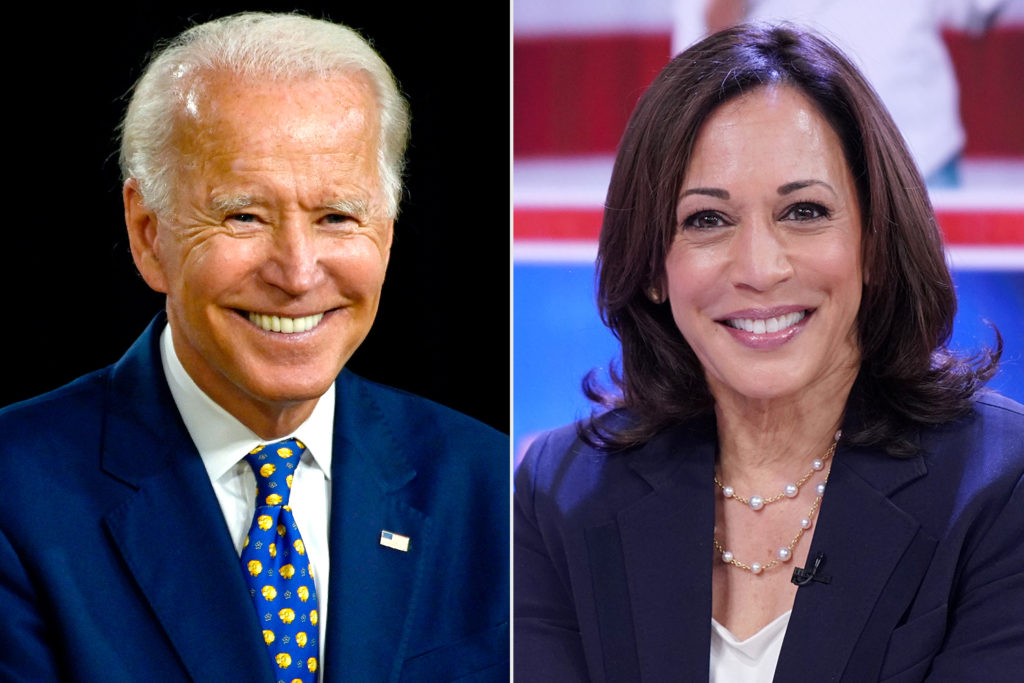|
Getting your Trinity Audio player ready...
|
The Biden administration has entered a courtroom battle to defend its communication channels with major social media platforms, arguing that these interactions are vital to safeguarding the public from election security threats, COVID-19 misinformation, and other potential dangers.
The legal confrontation, which took place before a federal appeals court in New Orleans, highlights the increasing role of social media as a battleground for disseminating information on critical social issues. It exposes the complex challenges faced by social media companies as they grapple with the management of vast amounts of content on their platforms.
Furthermore, the court proceedings underscore concerns voiced by independent researchers, watchdog organizations, and government officials who warn that malicious actors could attempt to disrupt democratic processes by disseminating false and divisive content online, particularly in the lead-up to the 2024 elections.
The case revolves around a July injunction that barred several federal agencies from engaging in certain discussions with online platforms. State governments had alleged that such interactions amounted to unconstitutional censorship. The appeals court temporarily blocked the injunction from being enforced, pending the outcome of this legal battle. The result of these arguments will determine the ultimate fate of the injunction, which imposed restrictions on federal agencies’ coordination with tech companies and civil society groups.
The Biden administration argued that upholding the injunction would hinder public-private partnerships and undermine the government’s mission to protect citizens. The administration’s representatives highlighted potential scenarios where the government’s ability to counteract false statements on social media would be hampered by the injunction, particularly in situations like natural disasters.
A crucial aspect of the case is whether the government exerted undue pressure on social media platforms to censor users’ speech, especially when government officials flagged posts that they believed violated the platforms’ own terms of service. The court’s decision will determine how executive agencies can respond to perceived threats.
Throughout the oral arguments, the judges probed the scope of the injunction and the legal standing of the states that brought the lawsuit. The case’s outcome will also impact the administration’s request for a more extended pause on the injunction while the judges deliberate on the matter.
The administration’s arguments rebutted claims that its communications with social media platforms constituted a significant attack on free speech. It emphasized the distinction between persuasion and coercion, asserting that legitimate efforts to persuade should not be equated with coercive actions.
On the other side, states like Missouri and Louisiana argued that the government’s interactions with social media companies violated the First Amendment by potentially transforming private conduct into government actions that infringe on users’ speech rights.
The case’s implications extend beyond legal arguments, resonating with broader concerns about the influence of government on free expression and the balance between private platforms and public interests. This lawsuit, emblematic of the intricate relationship between technology, governance, and free speech, further underscores the evolving challenges in an increasingly interconnected and information-driven society.
